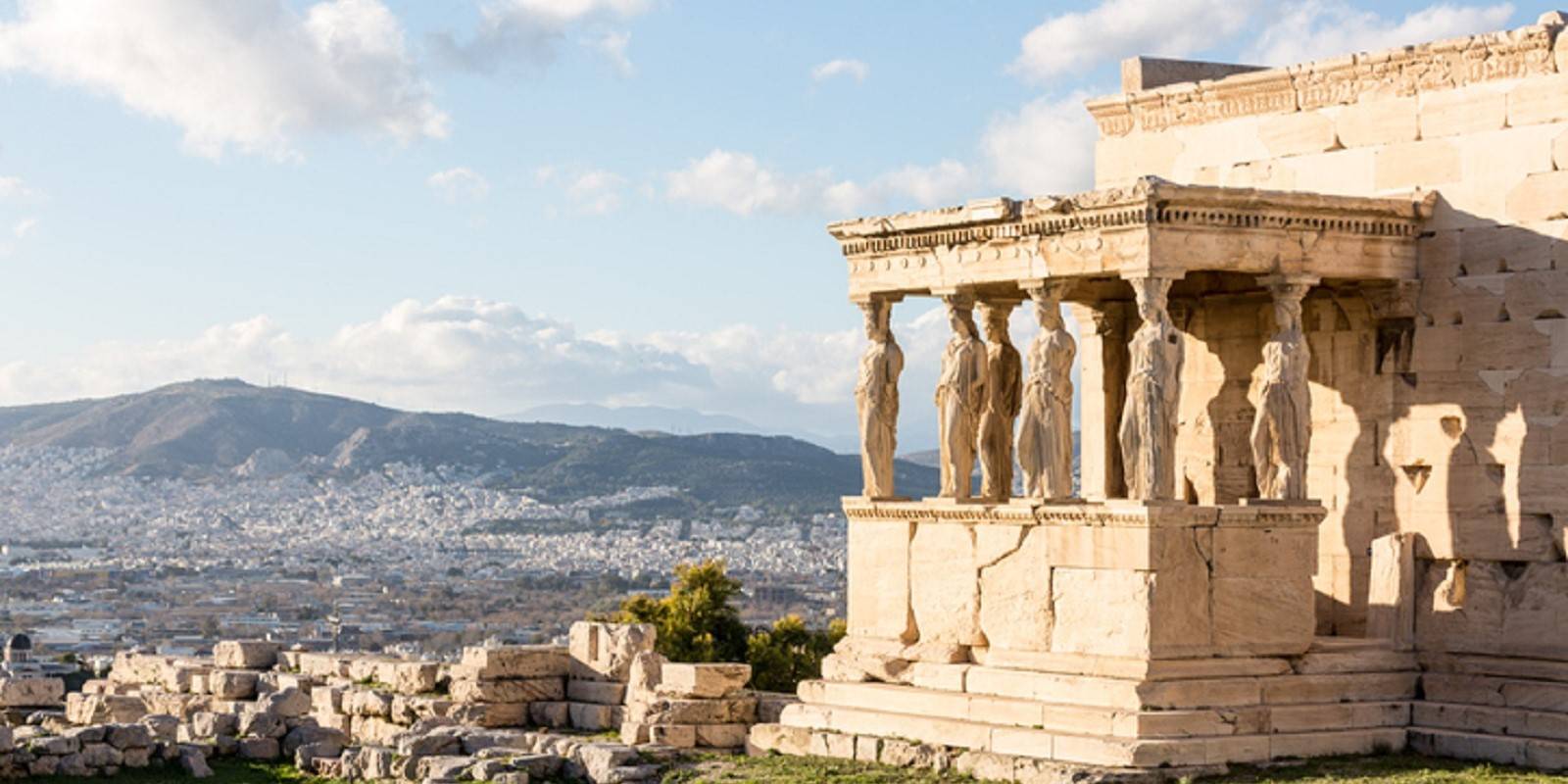Thursday, October 5, 2023
We know that a change in the way we use energy is necessary to ensure the sustainability of the planet so that we can continue to enjoy it. Due to this urgency, the term “energy” is becoming more and more familiar to us, but the reality is that its origin dates back more than 2000 years and its first references are attributed to Aristotle
By Sara Caballero
It is in the texts of the Greek philosopher Aristotle that we first encounter the word energeia (ενέργεια) and, to properly understand its meaning, we must first become acquainted with his theory of potency and act, one of the great contributions of the Stagirite to philosophical thought.
In general terms, we can say that potency is the capacity to perform something and the act is the action of performing that for which we have the capacity. For example, a person may potentially have the capacity to run 10 kilometers, but that does not mean that he is doing it or that he is going to do it, but that he has the skills to do it; and it would become an act when that person is carrying out the action, when he is running. It is quite possible that Aristotle, in order to develop this theory, took as a reference some of the teachings of Plato, his teacher, who already in his dialogues distinguished between possessing knowledge and using it.
The first allusion we find of Aristotle to potency and act is in his work Protrepico, in which he speaks of two different ways of living and gives as an example the sense of sight: “It seems that the word ‘to live’ is said in two ways: one, according to the potency, and the other according to the act. For we say that both animals that have sight and are born able to see, even if their eyes are closed, and those that are using this faculty and directing their sight to something, are sighted."
In this and later fragments we find that the word acto has been translated from the Greek term energeia (ενέργεια) and that, likewise, Aristotle has used the word movimiento (κίνηση) substituting energeia on some occasions. Although we cannot enclose the whole meaning of the concept in a single definition because it would greatly reduce what Aristotle proposed, we could say that Aristotelian energeia is to bring into action the capacity or faculty that is possessed, that is present, it is a setting in motion, a doing of that which is not yet active, but can be.
But does this have anything to do with energy as we know it?
Although in Aristotle energeia is a concept more linked to knowledge and life; in its meaning we find several points of union with the current conception of the term. Isn't energy for us a way to create? Just as the act is for the Greek philosopher the exercise of what can be done, for us energy is, in the same way, action: with it we create, generate and give birth to movement.
Energy is also a constant discovery, since we do not always know all those things that are in potential, in us or in the world, energy does not stop innovating. For example, the person we were talking about at the beginning, who had the potential to run 10 kilometers, does not know it until he begins to work on the exercise of it, that is, until he gets to the act. Similarly, this has been the case in recent years with emerging new forms of energy that are helping us move towards a more sustainable world—who would have imagined, for example, that electricity, biofuels or green hydrogen were going to become part of our daily lives? However, they had always been in potency, waiting to be discovered, they only needed to pass to the act, that is, to energeia.
Energeia is, therefore, action, movement, it is a constant transit. And the question we have to answer is what world do we want to move towards? Of course, towards the one that allows us to keep the one we have. Towards a better world.
¿Te ha parecido interesante?


